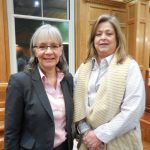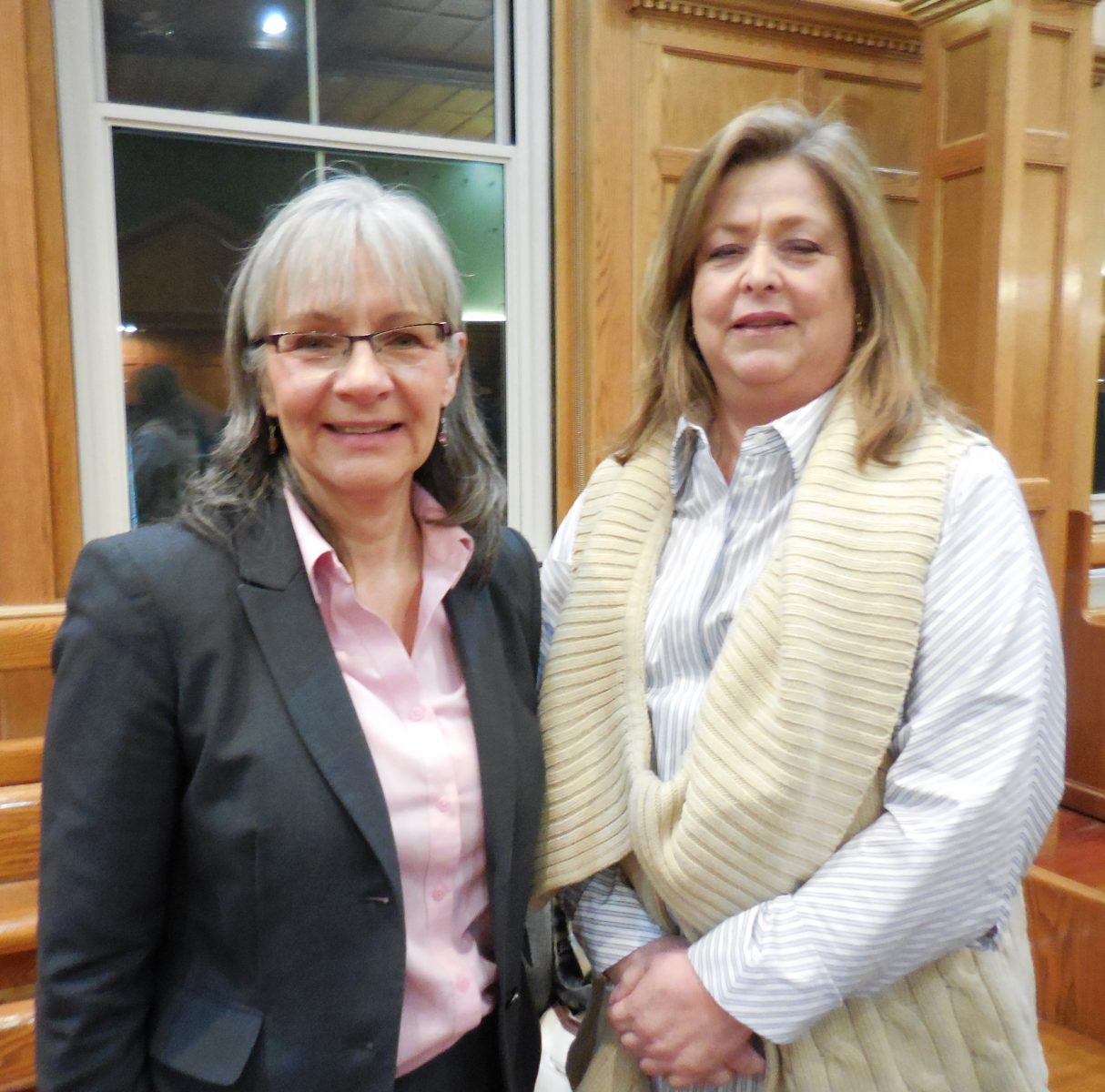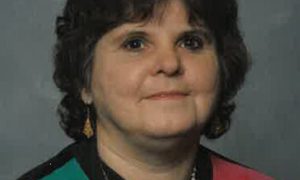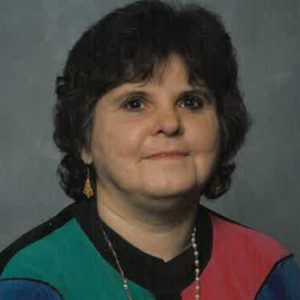WESTFIELD – The special City Council meeting on Thursday at 6 p.m. only had two items on the agenda. The first was a request for immediate consideration by Mayor Brian P. Sullivan to approve an appropriation of $1.5 million from certified Free Cash to reduce the FY18 tax levy. Ward 5 Councilor Robert A. Paul, Sr. introduced the motion. After no discussion, the councilors voted unanimously to approve the appropriation.
The second item was a public hearing on the percentages of the tax shift between residential and commercial property. Last year, the City Council voted for a tax shift of 1.66, which means that commercial properties pay a tax rate of 66% percent more than residential properties.
Council President Brent B. Bean, II asked for public comment. Kate Phelon, Executive Director of the Greater Westfield Chamber of Commerce came to the microphone. She referred to a letter she had sent to the councilors asking for a shift of 1.60, bringing the commercial rate down from $37.08 per thousand to $35.72.

Kate Phelon, Executive Director and Dawn Thomas, President of the Greater Westfield Chamber of Commerce.
At the meeting, Phelon said during the candidate forums which the Chamber co-sponsored, she heard most candidates talk about the need to increase business and drive economic development in Westfield. “Tonight is your chance to make this happen by making Westfield more attractive and competitive,” Phelon said. She said the impact on residents would “only” be an increase of 17 cents per thousand.
Phelon also said she understood that residents “do the voting,” and councilors want their support by either not raising their taxes or lowering them. She challenged them to make the unpopular decision by “daring greatly,” quoting President Theodore Roosevelt.
After no one else came to the microphone to speak on the tax shift, Bean asked for a motion from the councilors.
Paul said the City Council had just voted to accept from the Mayor $1.5 million from Free Cash to reduce the tax levy. He said at the current tax shift rate of 1.66, residential rates would decrease by 10 cents per thousand, and commercial would decrease by 2 cents per thousand.
At-large Councilor Dave Flaherty said that the value of residences had gone up in the city, which meant that residents would be on average paying 1.04% more in taxes based on the increased value of their homes.
“The new rate is important because the values went up,” said At-Large Councilor Stephen Dondley.
City Assessor Robin Johnson was asked to come to the podium and answer questions about new growth. Johnson said there was more than $1.3 million in new growth this year. “Things are appreciating. The market is good this year,” Johnson said, adding that 17 new homes had been built in Westfield.
Ward 2 Councilor Ralph J. Figy, who is a realtor, said there is less than 2 months inventory of houses for sale in Westfield, and that is when values go up. “It’s a seller’s market,” he said. Figy said he was in favor of reducing the tax rate by 10 cents per thousand. “Six months ago, we were 6% Charlie. We’re gonna raise them up by 6%,” he said, referring to the oft-repeated campaign rhetoric about a 6% increase in taxes.
At-large Councilor Cindy Harris said she agreed with Councilor Paul, and made a motion to keep the tax shift at 1.66.
“I recall every single year the Chamber speaks and we never listen to them. I would be more comfortable at 1.64,” said O’Connell, who then made a motion to amend to a shift of 1.64.
“At 1.64, it becomes an increase for residents rather than a decrease for residents,” Paul said. The amendment failed by a majority vote of 9-4, and the motion returned to 1.66.
O’Connell then amended the amount to 1.65.
“I will again say the same comment. We have a perfect shift at 1.66, which reduces both residents and commercial,” Paul said.
“I agree with Councilor Paul. The shift is fine where it is,” said Ward 3 Councilor Andrew K. Surprise.
Flaherty then made a motion to amend the rate to 1.60, the shift requested by the Chamber of Commerce. He said that would make the tax rate of 19.59 residential, and 35.72 commercial.
“1.64 failed, so why would you think 1.60 would pass?” asked Dondley. The motion to amend to 1.60 failed, with only Flaherty voting in favor.
The motion returned to O’Connell’s amendment of 1.65. “I would hope councilors would seriously consider this. It would encourage businesses,” O’Connell said.
“The problem is residential values are going up faster than commercial rates,” Dondley said.
“The valuation for residents is going up. Social Security and pensions don’t go up. I don’t have to go through the list of why you don’t increase the rate when the value of homes is going up,” Paul said.
“The major theme in the election was to keep residential taxes low,” Onyski said.
“One of the considerations last year at this time was we learned that the commercial values dropped significantly. This year, we were facing a significant tax increase,” said At-Large Councilor Dan Allie, citing the work of the City Council, along with the Mayor in changing that equation. “One thing that’s attractive with 1.65 is we get the commercial rate below $37,” Allie added.
A roll call vote was taken to set the tax shift at 1.65, which won 7-6, with Surprise, Allie, Ward 1 Councilor Mary Ann Babinski, At-Large Councilor John Beltrandi, Figy, Flaherty and O’Connell voting in favor. The 1.65 tax shift decreases the residential tax by five cents, from the current 19.42 to 19.37, and decreases the commercial tax rate 25 cents from the current 37.08 to 36.83, according to Johnson. This is the second year that taxes have not gone up.
Following the meeting, Phelon referred to the change in the tax shift from 1.66 to 1.65 as a “small victory, we asked for 1.60.They’re still not sending the right message to the business community. I was grateful that Councilor O’Connell wanted the 1.64. Based on this vote, they are not business friendly,” Phelon said, adding, “They did not dare greatly.”
“As a business owner and the chamber president, this is a step in the right direction,” said Chamber of Commerce President Dawn Thomas.
“If nothing else, it is a symbolic reduction for the commercial tax rate which shows that we, the City of Westfield are serious about attracting new business and maintaining the businesses we have,” said City Advancement Officer Joe Mitchell.
Paul, on the other hand, said it was a vote for Wal-Mart over residents. He said instead of giving the residents a decrease of 10.4 cents per thousand, they gave the big companies a bigger tax reduction, which he said they wouldn’t even notice. “It’s bizarre. Because their valuations are going up, we just decided to put more of a burden on the residents. Wal-Mart’s laughing right now,” Paul said, adding that the residents did not get the tax decrease they should have gotten.








